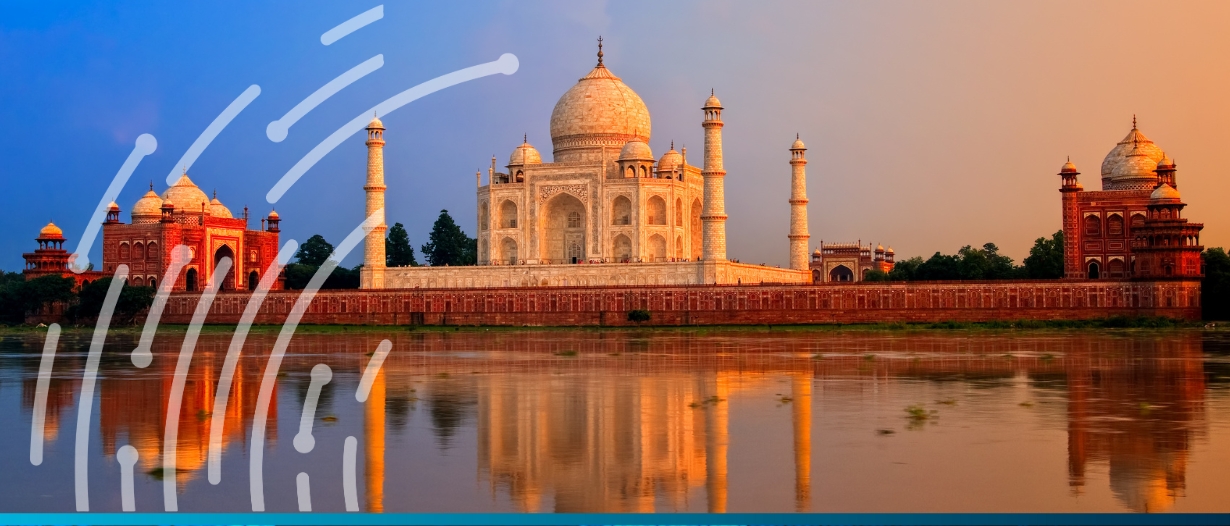Estimated reading time: 2 minutes
India is intensifying its global economic integration and diversification efforts by relaunching talks towards securing pivotal free trade agreements (FTAs) with the UK and New Zealand.
Just weeks after the two countries resumed talks, Nidhi Tripathi, economic minister in India’s High Commission in London, reported on Thursday 20 March that the UK and India are “very close” to agreeing on an FTA. This agreement will bring a degree of stability, as both countries look to reroute around tariffs from key trading partners, in particular the US.
Bilateral trade between the UK and India was valued at £40.9 billion in 2024, an increase of 8.6% from the previous year. In this period, India was the UK’s 11th largest trading partner; the UK was India’s 16th largest trading partner.
The negotiations with New Zealand, while smaller in scale, are equally strategic.
After a decade-long impasse, New Zealand Prime Minister Christopher Luxon launched a five-day diplomatic tour in Delhi and held bilateral talks with Indian Prime Minister Narendra Modi on 16 March.
The two nations have agreed to commence the first round of negotiations next month, with Luxon describing the restart as a “major breakthrough” that could potentially double New Zealand’s exports within a decade.
Currently, bilateral trade between the two countries stands at under $2 billion, but both sides see significant potential for expansion across multiple sectors. It provides India with enhanced access to agricultural and dairy markets while offering New Zealand improved entry into India’s burgeoning technology and services.
The negotiations, which originally began in 2010 but stalled over market access issues—particularly New Zealand’s desire to enter India’s traditionally protected dairy market—reflect India’s recent shift towards more open bilateral trade agreements, particularly in the context of countering China’s influence in the Indian Ocean region and diversifying its international economic partnerships.























